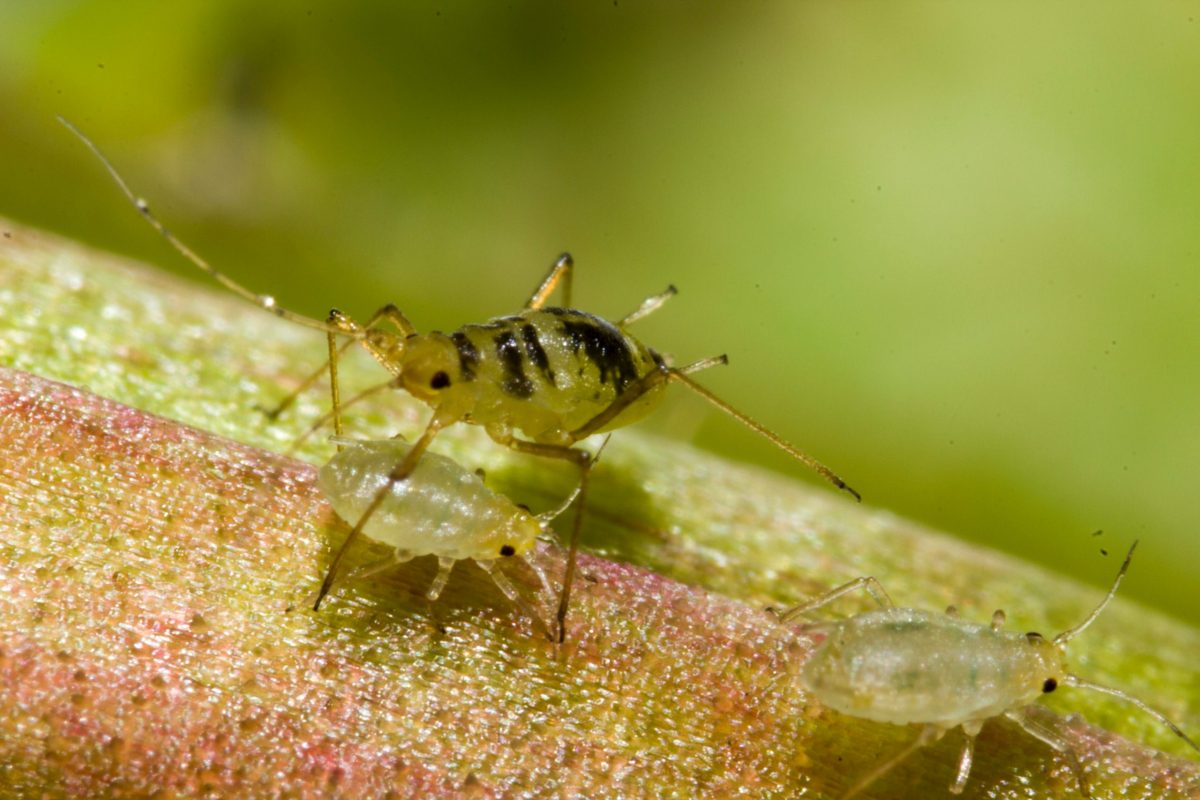Camphor is an aromatic phytochemical found in various essential oils. The camphor laurel tree (Cinnamomum camphora) is a prime candidate for extracting the chemical. It’s also a derivative of several other plants in small traces, like rosemary leaves (Rosmarinus officinalis or Salvia rosmarinus).
The constituent camphor may exist in liquid and powder forms, depending on the method of extraction used. It may also be made into products such as camphor balls. While camphor is extracted from plants, it’s also synthesized.
Before answering the question of ‘does camphor kill cockroaches?’, let’s consider briefly, its role in human history.
Camphor As a Fumigant Against the Bubonic Plague
Do you know anything about the Black Death? I only got wind of it after conducting extensive research.
By perusing various articles, the information referenced on the National Institute of Health website stood out to me.
During the Black Death era, camphor was employed as a fumigant to cleanse the air, as people were being ravaged by the bubonic plague endemic. It is said that camphor contains many “biological properties”, which makes it suitable for use as an anticoccidial, anticancer, antimicrobial, antiviral agent, and much more.
I chose to mention this information to highlight how powerful the phytochemical camphor can be. As powerful as it is, does camphor kill cockroaches?
Let’s consider the chemical’s use as an insecticide and get into the meat of things.
Camphor As an Insecticide
Historically, camphor is used as a repellent, specifically for moths. Among other essential oils that are toxic to insects, camphor oil demonstrated repellency against the southern house mosquito and Anopheles culicifacies, a major vector of malaria. The oil showed up to 97.6% protection against A. culicifacies and 80.7% against the house mosquito.
To demonstrate its repellent prowess, another study showed that camphor from the camphor basil (Ocimum kilimandscharicum), contributed to the repellent and fumigant toxicity property of the plant against the tomato pinworm (American tomato moth). It was concluded that camphor (47.1%) was among the most toxic and repelling constituent of the oil.
From these studies, it’s obvious camphor may be used to repel, and even kill some insects and bugs. But what of cockroaches? Does camphor kill cockroaches?
Here’s the answer you’ve been waiting for.
Does Camphor Kill Cockroaches?
The short and spicy answer is yes. Camphor is toxic to cockroaches. However, the research information that’s available isn’t always transparent and is less than a handful.
For example, one research hinted that camphor is toxic to female German cockroaches but didn’t provide much detail.
Let’s look a bit deeper into the viability of using camphor to kill cockroaches.
If you’re interested in learning more about how to get rid of cockroaches, please click the hyperlink in this sentence.
Camphor Used in Cockroach Killer Formulations
After scraping the Internet for noteworthy scientific proof to answer the question of “does camphor kill cockroaches”, I managed to pick up a reference.
In a preparation used for controlling mosquitoes, flies, and cockroaches, “camphor ice” was one of the chemicals integrated into the insecticide formulation. Camphor ice is made from camphor and a few other ingredients.
Using this tidbit of information, is it safe to claim that camphor may pack a punch against cockroaches? Along with other chemicals, perhaps. But what about using camphor as the main, active ingredient?
Did you know that neem oil may be used in formulations to kill cockroaches? Check out the article below:
Neem Oil for Cockroaches: Does It Work? – The Bug Agenda
Lewis and Clark Elementary School Basic Cockroach Test
I cannot validate the authenticity of this observation, but I thought it necessary to mention it. (Note: Once you click the link, it will take you to a Word document that houses the observation. For me, the file was accessible online, and there was no need to download it.)
This experiment is rather small, but it provides a backdrop into how camphor may be used on cockroaches. The observation was done by Kaetochi Okemgbo at the Lewis and Clark Elementary School.
A container was used, in which cockroaches were placed. A hole was poked into the lid to ensure the cockroaches didn’t die of suffocation. Camphor was then placed into the container and left.
The experiment span for over 11 hours.
The researcher mentioned that after the cockroaches were locked inside the container, there was a lot of activity. As soon as the camphor ball was locked inside with them, their activity declined. They were moving less.
It was also noted that the cockroaches made attempts to avoid the camphor. After 9 hours, the cockroaches were lying on their backs, although alive. The researcher concluded that after 11 hours, the cockroaches were dead.
In addition to killing the cockroaches, the researcher noted that it may be a strong deterrent/repellent to them.
How I Would Use Camphor Against Cockroaches
While there’s not a lot of information available on how camphor kills cockroaches, the potent substance is worth a try. Personally, since camphor is a known repellent for many insects, I would stack up on camphor balls and place them in my cabinet, since cockroaches love these areas.
I’d also experiment with combining bits of food in camphor oil and place them in containers around the home with big enough holes for cockroaches to crawl into. This may deter cockroaches from eating the bait or kill them, should they take the bait.
While camphor can be used in so many ways, be careful who it’s used around. Research shows that it may induce seizures in young children. You might want to check out this article if you have kids, and plan to experiment with camphor especially in essential oil form.







